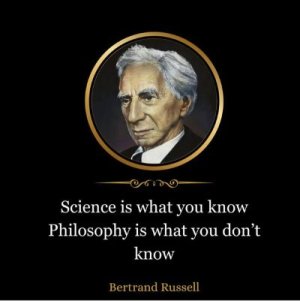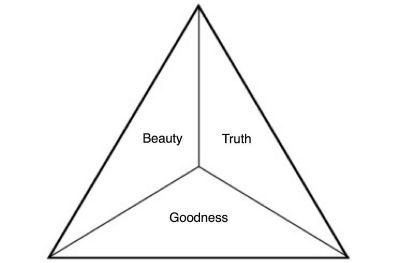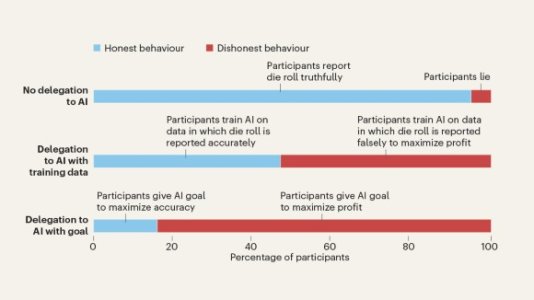Louanne Learning
Active Member
Member
New Member
Role Play Moderator
If our lives are to mean anything, then like everything else, they must have an end, as depressing as that may sound. I'd rather not live forever, not even as a ghost or spirit.
What's your view?
This would depend on what form the afterlife would take, and indeed what form a "spirit" would take in that afterlife. If it is characterized by the parameters of human existence - the same kind of thoughts, sensibilities, judgements - then indeed it would be hell. But, what if instead is it characterized by a state of pure bliss? As of now, we only understand this plane of existence, but as I like to say, it does not follow that that means that is all there is.






